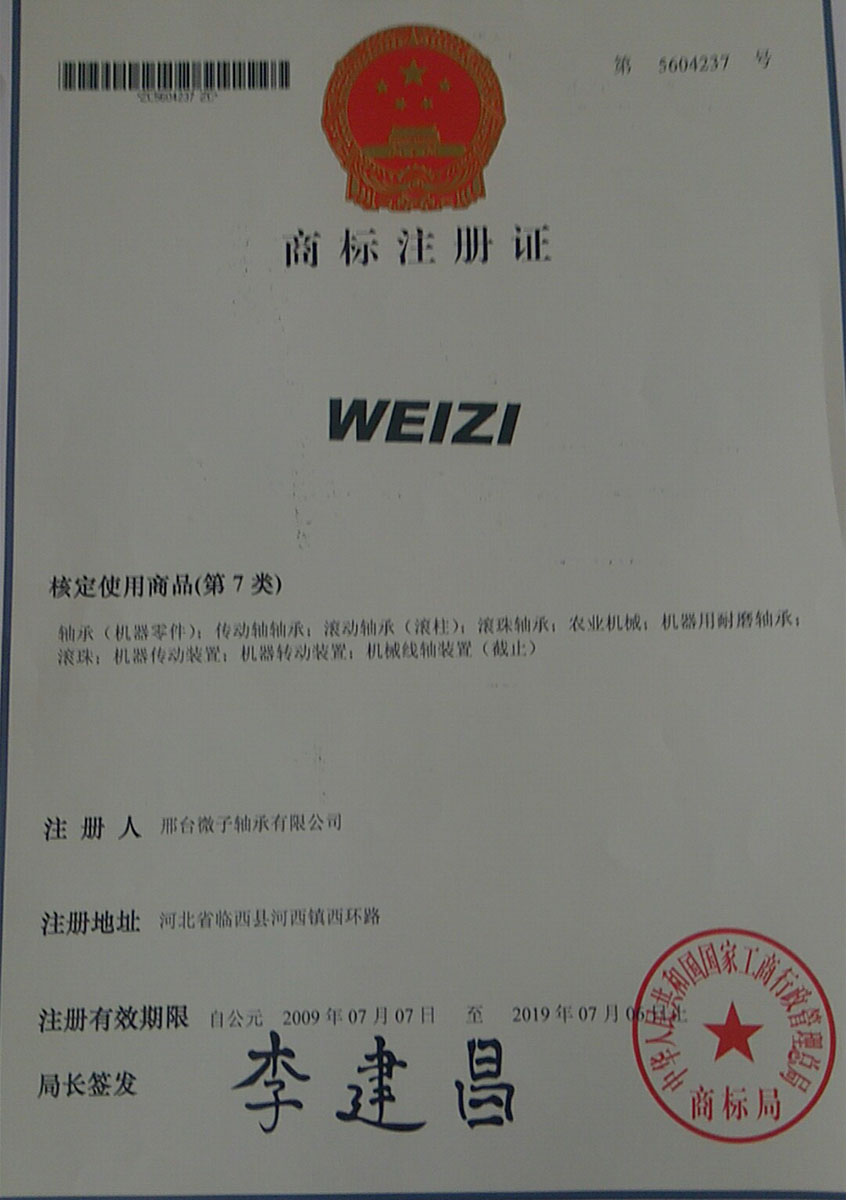
9 月 . 22, 2024 15:35 Back to list
parts of a tapered roller bearing
Understanding the Parts of a Tapered Roller Bearing
Tapered roller bearings are essential components used in various mechanical applications, renowned for their ability to handle both radial and axial loads. Their unique construction and design make them suitable for high-performance applications, including automotive, aerospace, and industrial machinery. This article delves into the main parts of a tapered roller bearing, highlighting their functions and significance.
1. Outer Ring
The outer ring of a tapered roller bearing is the external raceway where the rollers make contact. Typically made from high-quality steel, it is designed to provide a smooth surface for the tapered rollers to run against. The outer ring plays a critical role in distributing loads across the roller assembly. Its design allows for easy installation and removal, making maintenance simpler and more efficient.
2. Inner Ring
Located on the inside, the inner ring forms another critical raceway for the tapered rollers. Like the outer ring, it is also crafted from durable steel to withstand high forces. The inner ring often features a slightly larger diameter than the outer ring, which contributes to the tapered geometry. This design allows the bearing to maintain its performance under axial and radial loads, enhancing the overall efficiency of machinery.
3. Tapered Rollers
parts of a tapered roller bearing

The heart of the tapered roller bearing is the set of tapered rollers. These rollers have a conical shape that allows them to distribute loads evenly across the raceways. The design promotes line contact, which reduces wear and improves load-carrying capacity. The number of rollers varies depending on the bearing design, but they are arranged in a way that maximizes stability and minimizes friction. This unique geometry allows the bearing to handle combined loads effectively, making it ideal for applications involving heavy machinery.
4. Cage or Separator
The cage, also known as a separator, is an important component that helps maintain the correct spacing between the tapered rollers. It prevents the rollers from touching each other, which reduces friction and wear. Made from metal or synthetic materials, the cage ensures that the rollers are evenly distributed within the bearing, promoting smooth rotational motion. A well-designed cage contributes to the longevity and reliability of the bearing.
5. Lubrication System
While not a structural component, the lubrication system is vital for the performance and longevity of tinted roller bearings. Proper lubrication reduces friction between the moving parts, preventing overheating and wear. Most tapered roller bearings are designed to be lubricant-friendly, with specific sealing arrangements to retain oil or grease. Regular maintenance of the lubrication system is essential to ensure optimal operation and to minimize the likelihood of bearing failure.
Conclusion
Tapered roller bearings are complex components that play a significant role in the functionality of various mechanical systems. Understanding the parts that comprise these bearings—the outer and inner rings, tapered rollers, cage, and lubrication systems—provides insights into their engineering and applications. Their unique design allows for superior performance under high loads and stresses, making them indispensable in many industrial contexts. With proper maintenance and understanding, tapered roller bearings can provide long-lasting and efficient service, proving their worth in critical applications across various fields.
Latest news
-
Unlocking Efficiency with Spherical Roller Bearings
NewsOct.29,2024
-
The Ultimate Guide to Thrust Ball Bearings
NewsOct.29,2024
-
The Power of Thrust Roller Bearings: Engineered for Excellence
NewsOct.29,2024
-
The Power of Deep Groove Ball Bearings for Your Application Needs!
NewsOct.29,2024
-
The Power and Performance of Cylindrical Roller Bearings
NewsOct.29,2024
-
High-Quality Ball Bearing Manufacturing Machines
NewsOct.29,2024
